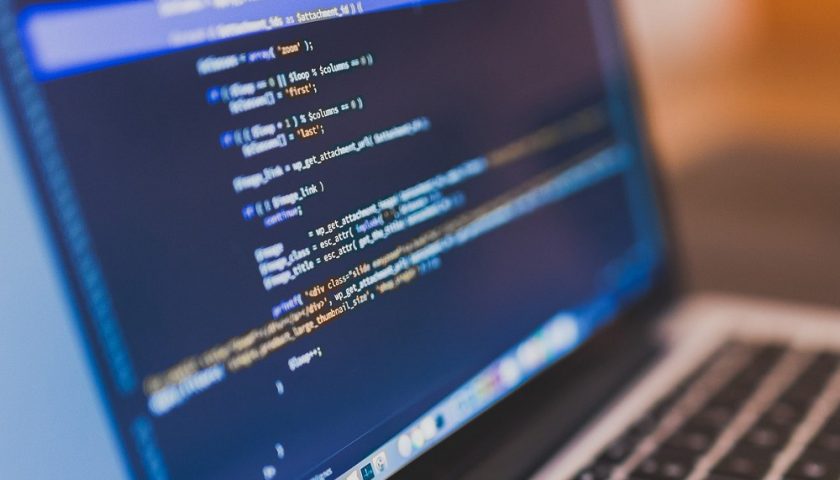Protect your Computer
Today we use our personal computers to operate our everyday life. We rely on them to get into accounts, buying items usage of employer information plus more. Unfortunately, many unscrupulous folks would also like the use of similar information for their means.
These are not children but thieves who will be most probably earning a living by stealing the identities of innocent, law-abiding individuals then selling those identities to others who want to slip from the system. And the only protection against these seedy people is prevention.
These 5 steps will decrease the chance of you experiencing identity theft by causing your computer as hacker-proof as possible.
1. Install an anti-virus/anti-spyware program. Anti-virus/anti-spyware software will minimize malicious code from downloading and installing onto your personal computer while you peruse the Internet. Known as viruses, worms, or spyware, this malicious code can destroy important files and render your pc good for merely one thing: sending sensitive data back to the server of the identity thief.
2. Don’t store sensitive data on your machine initially. Should your personal computer get have contracted the herpes simplex virus, worm, or part of spyware, you can thwart the individuals responsible by not storing your individual information on your PC to ensure that when and when your computer does send back data – it will not be anything valuable. Hackers look for things such as full names, social security numbers, phone numbers, home addresses, work-related information, and credit card numbers. If these items aren’t saved onto a pc, nothing is necessary to be worried about besides restoring your pc to some non-virus condition.
3. Don’t open files without scanning them with an anti-virus/anti-spyware program. In the past, the warning ended up being to avoid opening files from folks that you don’t know. Today it’s not safe to start files from anyone (without scanning the files) because that’s how viruses get spread – through files – even by mistake. So even though your co-worker could have emailed an amusing video, it’s not safer to start than the usual video downloaded from a stranger. Be safe and scan every file you download from the Internet or receive through email regardless of where it originated from.
4. Create a barrier between your pc and prying eyes. Anti-virus/anti-spyware programs are simply effective following your effect. But it is possible to prevent identity theft from occurring by installing a firewall. A firewall is a software that checks all data entering and exiting a computer plus it then blocks what doesn’t meet specified security criteria.
5. Don’t click on website links in spam messages. To obtain personal information, some spammers will send an email that requires select a link. The email messages in many cases are disguised as essential messages from well-known online establishments, and they also often attempt to scare their readers into clicking links with threats of closing a free account of some kind. Sometimes the hyperlinks are harmless and try and con the various readers into volunteering private information (charge card number), but in other cases, the hyperlinks attempt to download harmful software onto a computer.
Any other advice on protecting our personal information from hackers?

